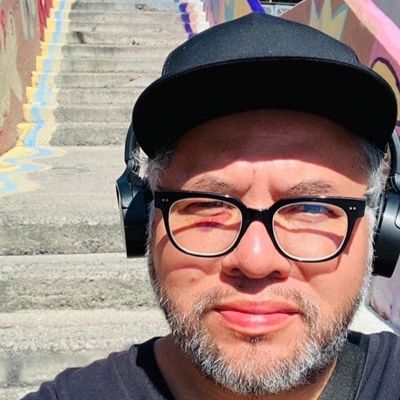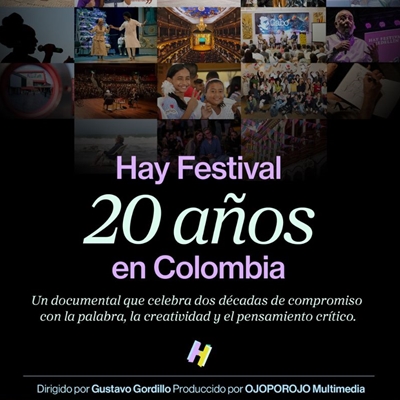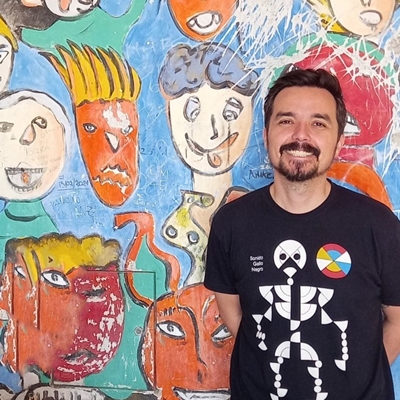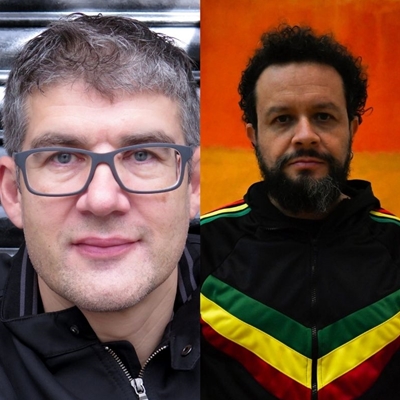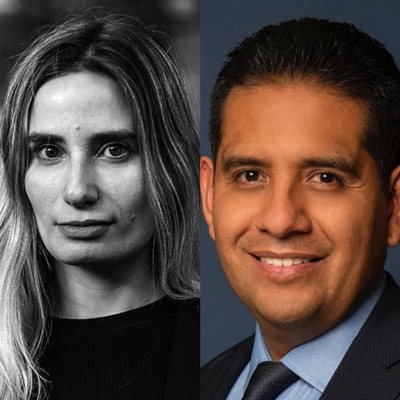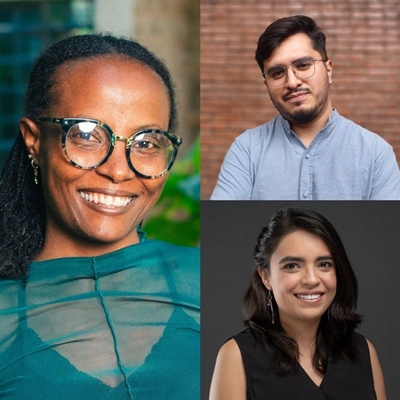Hay Festival Querétaro 2024
Hay Festival Querétaro 2024 will run September 5-8. Besides the general programme events -20MXN per ticket-, we have plenty of free activities at Hay Festival Joven and Hay Festival Comunitario.
University students and senior citizens may ask for 10 complimentary tickets at the Box Office (@ Teatro de la Ciudad).
In case you have any problem when buying your tickets, please contact us at tickets@havfestival.org.
University students and senior citizens may ask for 10 complimentary tickets at the Box Office (@ Teatro de la Ciudad).
In case you have any problem when buying your tickets, please contact us at tickets@havfestival.org.
Explore All Genres
- Afrodescendencias
- Constelaciones Hay Festival
- South to North
- Architecture
- Art
- Arts & Culture
- Children
- Comedy
- Crime
- Culture
- Drawing
- Education
- Equality
- Family
- Film
- Gender
- Heritage
- History
- Human Rights
- Journalism
- Language
- Literature
- Music
- Nature & Environment
- Performance
- Photography
- Podcast
- Poetry
- Politics
- Psychology
- Science
- Technology
- War
- World Affairs
Principal Sponsor
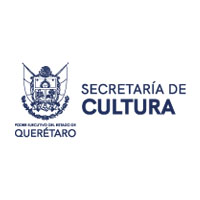
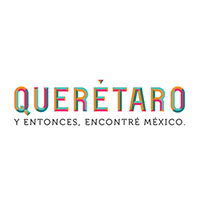


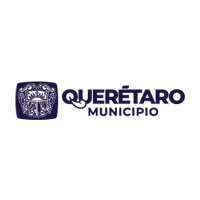

Partner for Latin America


